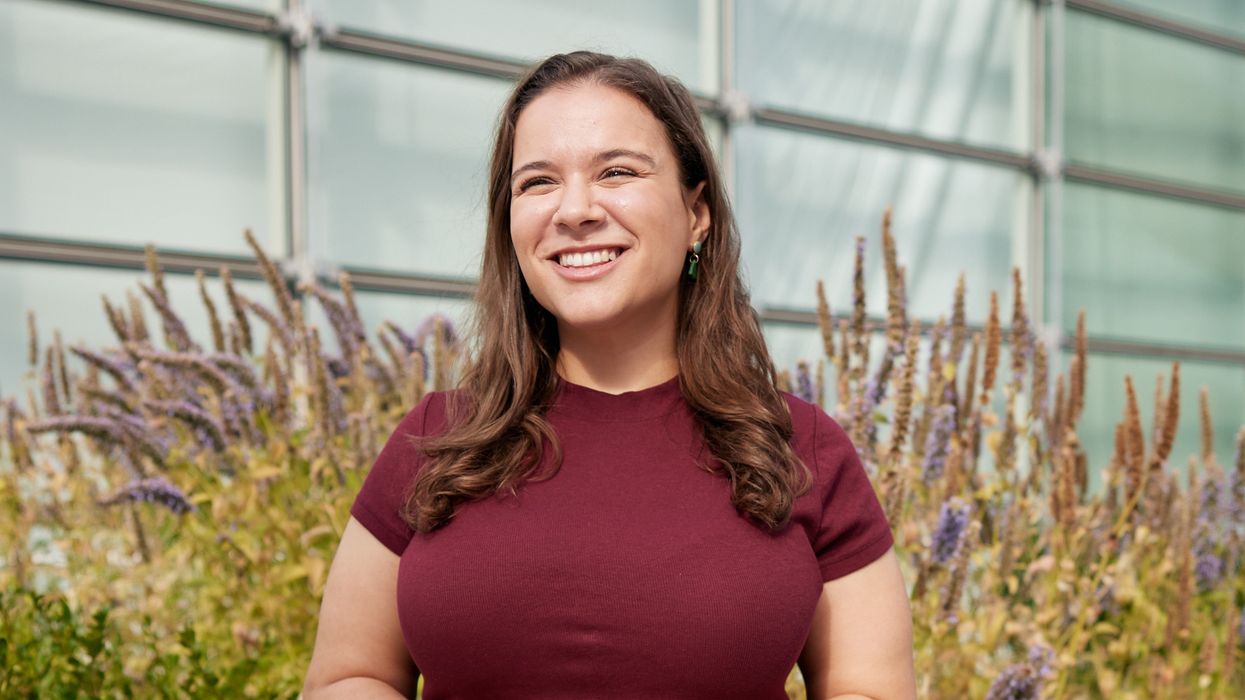Maxine Rich is the Program Manager with Common Ground USA at Search for Common Ground.
Rich applies proven methods from international peacebuilding to shore up social cohesion in the United States. She oversees efforts to reduce online polarization and build grassroots resilience to extremism.
I spoke with Maxine on a recent episode of Fulcrum Democracy Forum (FDF). The program engages citizens in evolving government to better meet all people's needs. Consistent with the Fulcrum's mission, FDF strives to share many perspectives to widen our readers' viewpoints.
- YouTubewww.youtube.com
Maxine and I know each other through Common Ground: Journalism, an initiative where students explore strategies and challenges to reporting on-campus conflicts. I am an instructor.
Previously, Maxine led the design of global programs on religious freedom and women's empowerment, researched violent extremism in Morocco, and strengthened peacebuilding partnerships with the US Government, UN, and peer organizations.
She has also served as the Maryland Director of Urban Rural Action and as a dialogue facilitator with Soliya and First Year Connect, a virtual exchange program supporting college students to understand and communicate across differences.
Here are other Change Leaders who I had the opportunity to interview as part of the Fulcrum Democracy Forum series:
- Sam Daley Harris, founder of Civic Courage
- Sylvia Puente, President & CEO, Latino Policy Forum
- Jaisal Noor, Solutions Journalism Network's Democracy Cohort Manager
- Audra Watson, Chief of Youth Civic Programs, Institute for Citizens & Scholars
- Darrious Hilmon, Executive Director of CAN TV
- Dr. Ulcca Joshi Hansen, author of the award-winning book The Future of Smart
- John C. Yang is the president and executive director of Asian Americans Advancing Justice | AAJC
I am the executive editor of the Fulcrum and a board member of the Bridge Alliance Education Fund, the parent organization of The Fulcrum. I am also the publisher of the Latino News Network and an accredited solutions journalism trainer with the Solutions Journalism Network.




















Trump & Hegseth gave Mark Kelly a huge 2028 gift